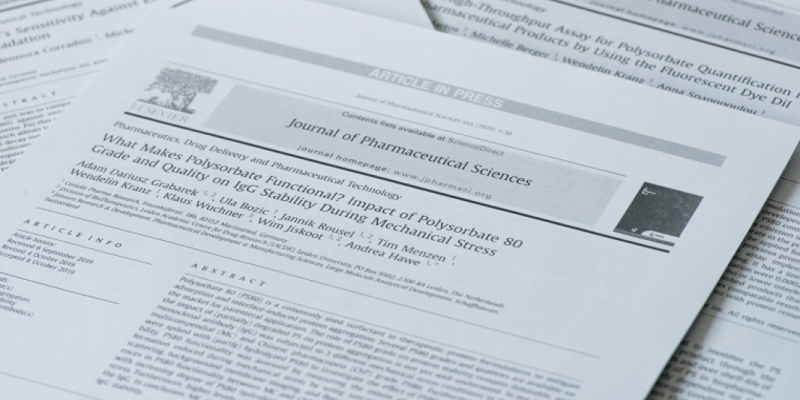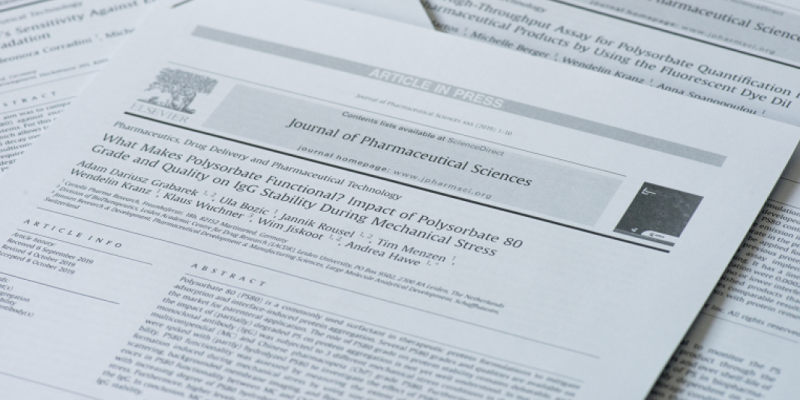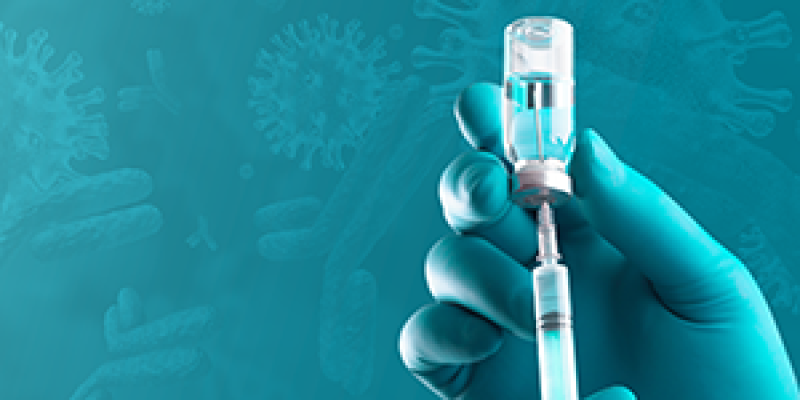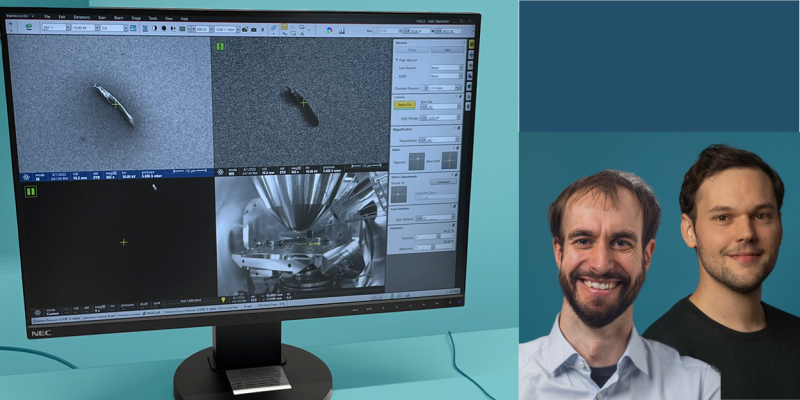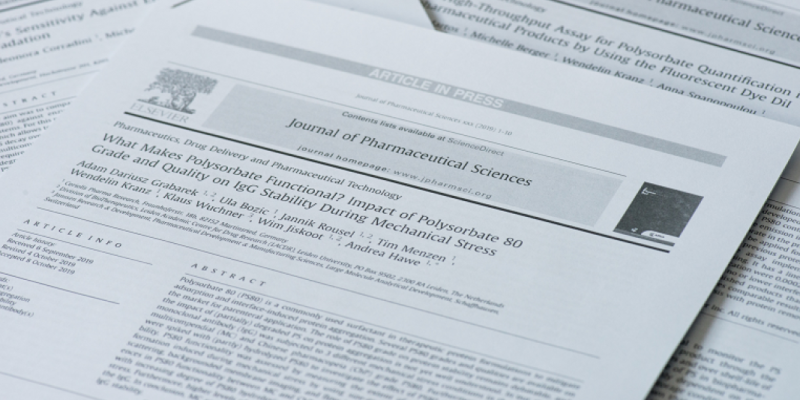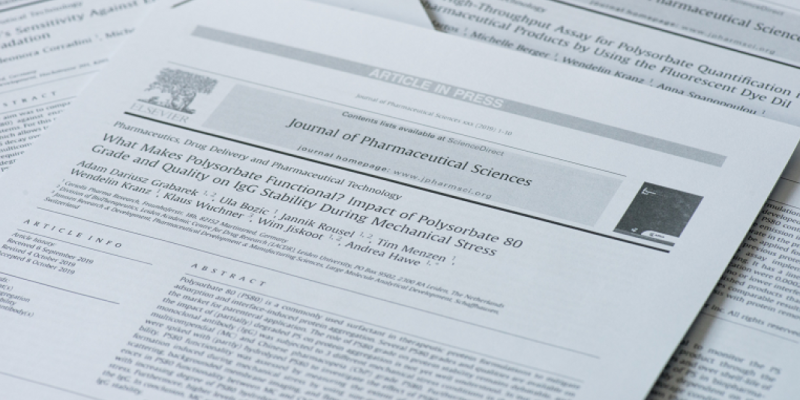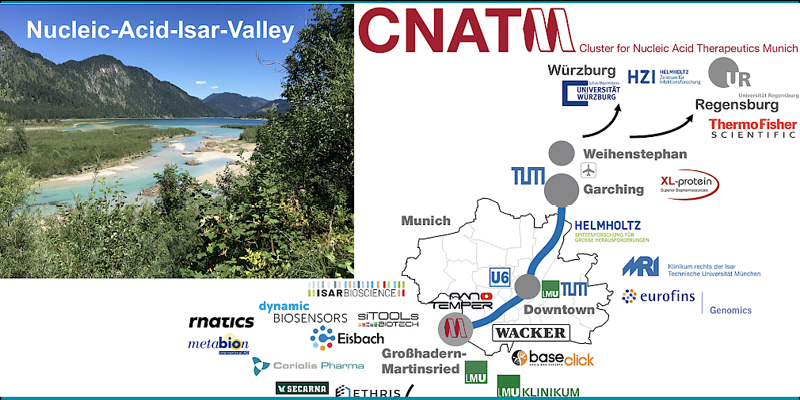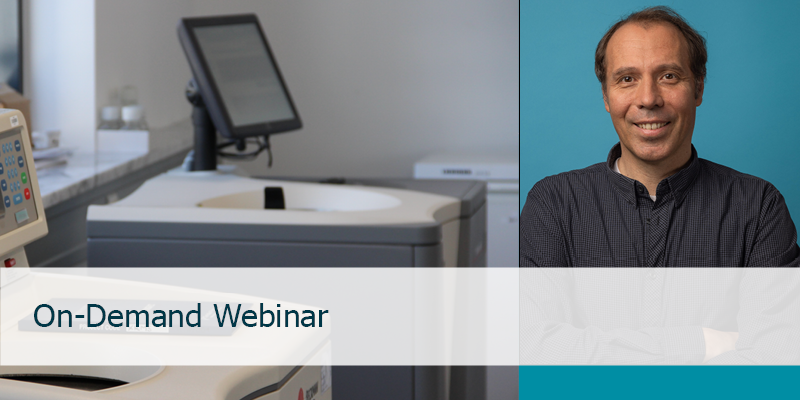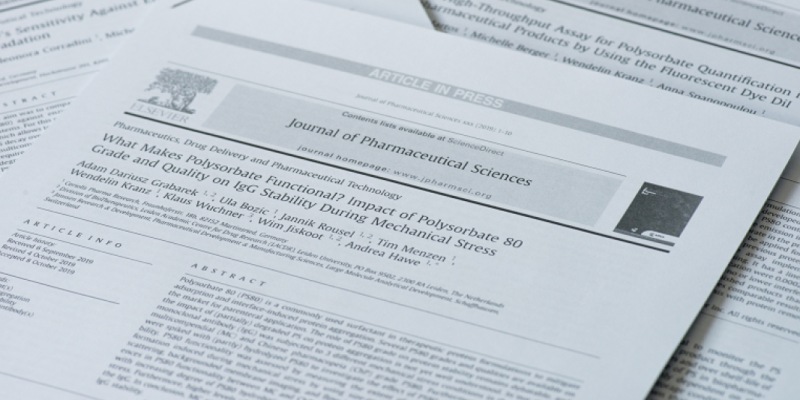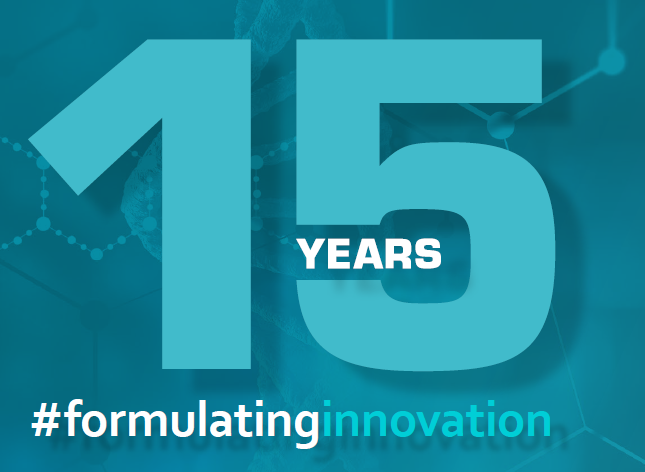Particle characterization
Particle characterization from nanometer to the visible size range
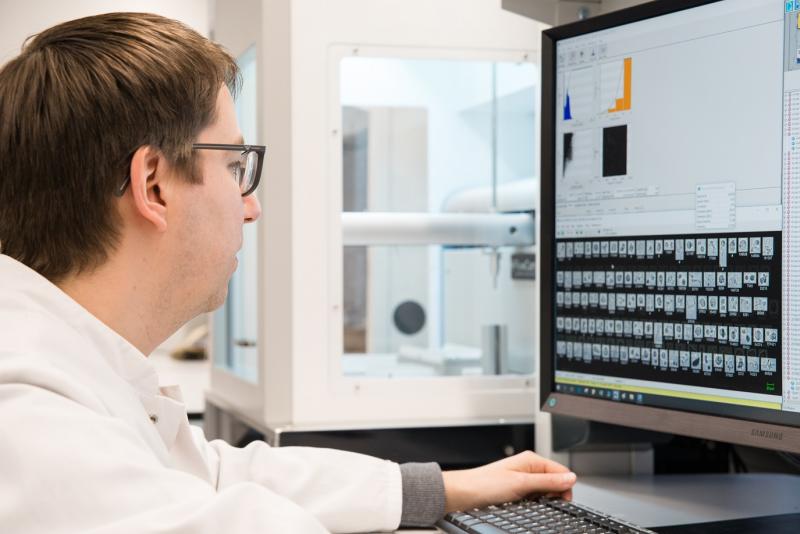
Coriolis is a leading contract laboratory providing analytical services for particle characterization. Particles are potentially present in all biopharmaceutical samples and can originate from various sources. Particles can:
- directly derive from the active pharmaceutical ingredient (API) e.g., due to an insufficiently stable therapeutic protein
- be introduced by formulation excipients e.g., as degradation products or particulate impurities
- be generated by the production process e.g., during pumping or filtration steps
The presence of particles can negatively influence the safety and efficacy of the therapy.
With the advancement of cell-and-gel therapy, the active pharmaceutical ingredient or therapy can be a particle by itself, changing the scope of the analysis as compared to impurity analysis. Examples for this are cells, viral vectors, but also drug delivery systems like lipid nanoparticles for mRNA delivery.
We cover the entire size range with the newest technologies

Coriolis has a strong scientific expertise in particle characterization and offers a large portfolio of established and novel technologies for an orthogonal analysis of particles in your biopharmaceutical sample.
Is it an aggregate or a particle?
The terms, aggregate and particle, are not used consistently in the scientific community and may differ depending on the drug substance in question. For example, a monomeric virus may be considered a virus particle, while a virus dimer may be considered an aggregate. Also, a protein aggregate may become large enough to be considered a particle. Thus, for species in the lower nanometer size range, please refer to our analytical services for aggregate analysis.
Do you have any questions?
Our experts are happy to discuss your questions and inquiries related to particle characterization!
Identification of (sub-)visible particles
With a specialized set of analytical methods, we offer the chemical identification of particles in the subvisible and visible size range. Our expert analytical scientists will extract particles from each individual sample, characterize size and morphology, and identify the chemical composition.
Read more about particle identification
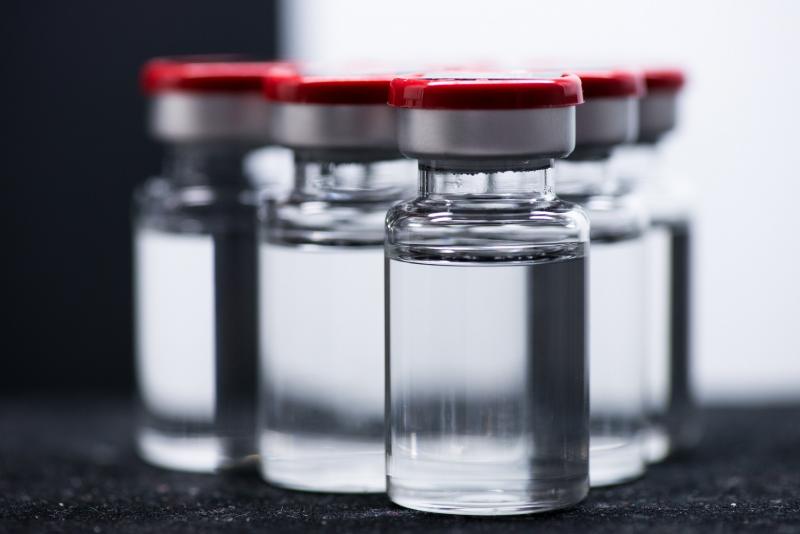
Particle characterization as a GMP compliant service
Coriolis is cGMP accredited by local regulatory authority and has been re-inspected successfully by the authority and audited by several clients. With a strong focus on analysis of subvisible particles, we feature the methods in full GMP compliance, including:
Light obscuration (LO)
- Quantification of particles ≥ 10 μm and ≥ 25 μm following USP <788>, USP <789>, and Ph.Eur. 2.9.19.
- Development of appropriate method in accordance with USP <787> for ophthalmic products considering the challenge of low volume requirements and statistical challenge of the strict limits for particles
- Quantification of particles ≥ 1 µm for high concentration / high viscosity samples
Micro-Flow Imaging (MFI)
- Quantification, characterization, and visualization of particles ≥ 1 μm
- Customized filter development for differentiation between particles of different origin (protein, silicone oil droplets, filter shedding, etc.)
- Referred to by regulatory authorities as orthogonal method to light obscuration
Turbidity / Nephelometry
- Quantification of turbidity according to Ph.Eur. 2.2.1 and USP<855>
- Suitable for stability studies
Particle characterization tailored to your drug product
With many years of experience in particles characterization across a variety of biopharmaceutical samples, we will tailor it to your specific product type, development phase and material availabilities. Click on a product type to explore our entire portfolio of specialized analytical and development services.
Quality & biosafety level of this service
We provide all our services with the highest quality standards. Each project is carried out by experienced scientists and every report or data presentation is comprehensively checked by a scientific reviewer. We offer this service with the following quality and biosafety level:
From generic to custom analytical methods and beyond
We offer a large selection of generic analytical methods for many common applications or develop custom methods specific for your needs. Our expert scientists also perform a method feasibility to assess, which technique is most suitable for your request. We offer the following options:
Methods ready to use
Our expert scientists have established generic analytical methods for many common applications. This guarantees a quick turnaround for sample testing and reduces the need for method adjustments to a minimum.
We suggest generic methods for your sample based on our many years of experience with similar products and analytical questions. If you reach a development stage, where fully developed and documented methods are required, we can build upon our expertise in customizing and optimizing any analytical method.
This is available for a selection of analytical techniques.
Method development
During method development, we tailor sample preparation, method settings, and data analysis to the needs of your project and sample.
For this purpose, we include a representative sample and, where available, suitable reference standards and stressed/degraded materials. This way, our analytical scientists can design a method that is highly suitable for your needs, stability indicating, as well as robust and repeatable. Upon request, we compile a detailed method description for your records.
This can be applied to all our techniques (R&D and GMP). Read more.
Method qualification
A method qualification is the initial assessment of the performance of an analytical procedure to show that it is suitable for the intended purpose.
During method qualification, our analytical scientists perform documented testing to establish and assess acceptance criteria in several performance characteristics. These may include repeatability, linearity, intermediate precision, robustness and more. We compile a qualification plan and a qualification report including all relevant data.
This can be applied to all our techniques (R&D and GMP). Read more.
Method validation
A method validation is the confirmation under highly controlled conditions that the performance of an analytical procedure is suitable for the intended purpose.
During method validation, our analytical scientists perform a documented testing, which demonstrates that the analytical procedure consistently produces a result that meets pre-determined acceptance criteria. We compile a validation plan and a validation report including all relevant data.
This can only be applied to our techniques under GMP. Read more.
Our know-how related to particle characterization
Coriolis is a science-driven service provider. We perform internal research projects with academic and industrial partners to develop new technologies and create in-depth knowledge, which directly benefits our client projects. Our internal Unit Science & Technology, hosting PhD candidates and Postdocs, also actively contributes to the scientific community with numerous peer-reviewed publications each year. Explore our latest publications, articles, and webinars:
Let's talk!
Do you have questions to our particle characterization services? Need a quote for one of our techniques?
Our other services
Coriolis provides a wide range of science-driven and tailor-made solutions for research, development, and analytical challenges. Explore our other services and learn more about how we can support your drug development program. Together, we can make future therapies available to patients and improve the quality of life for humankind.
Contact us
Contact us
Please contact Dr. Jörg Müller with your inquiries related to particle characterization
Phone: +49 89 41 77 60 – 111
Mail: joerg.mueller@coriolis-pharma.com


